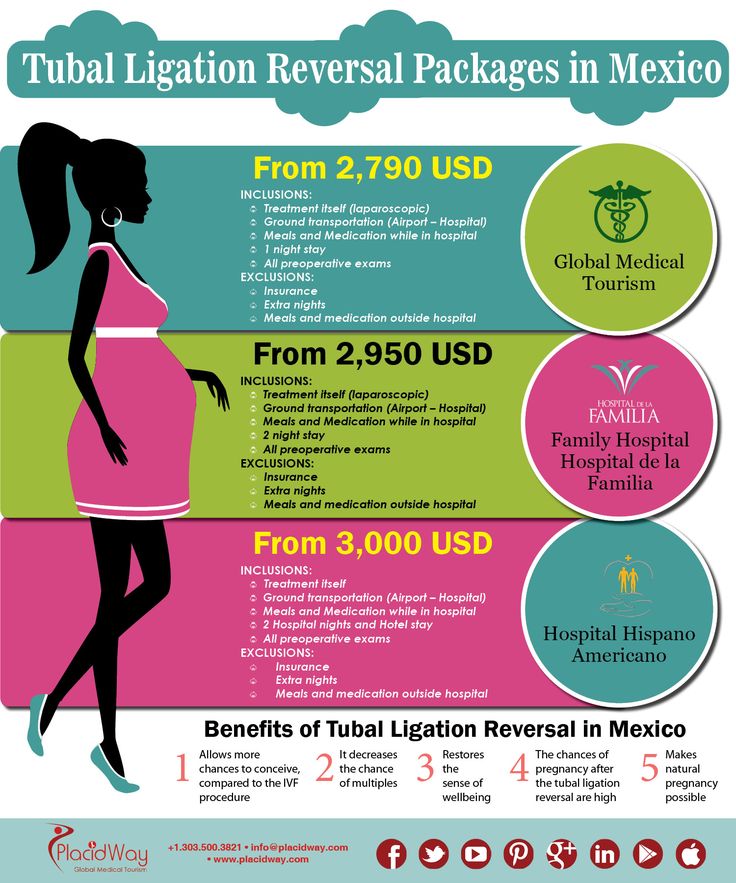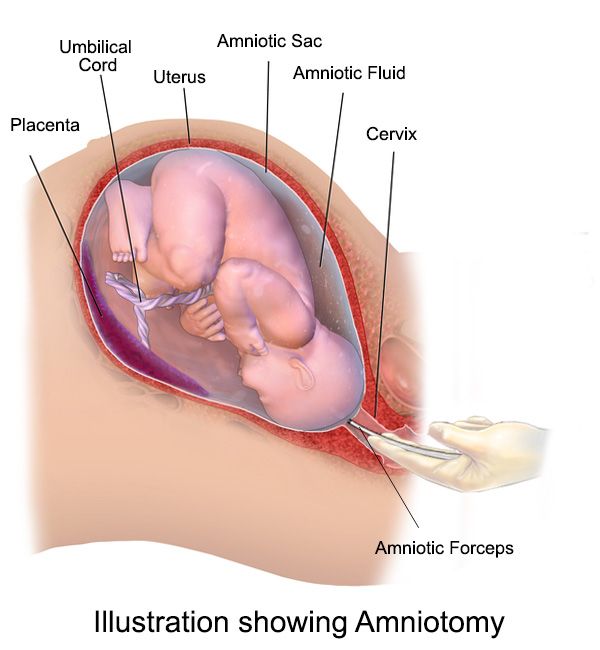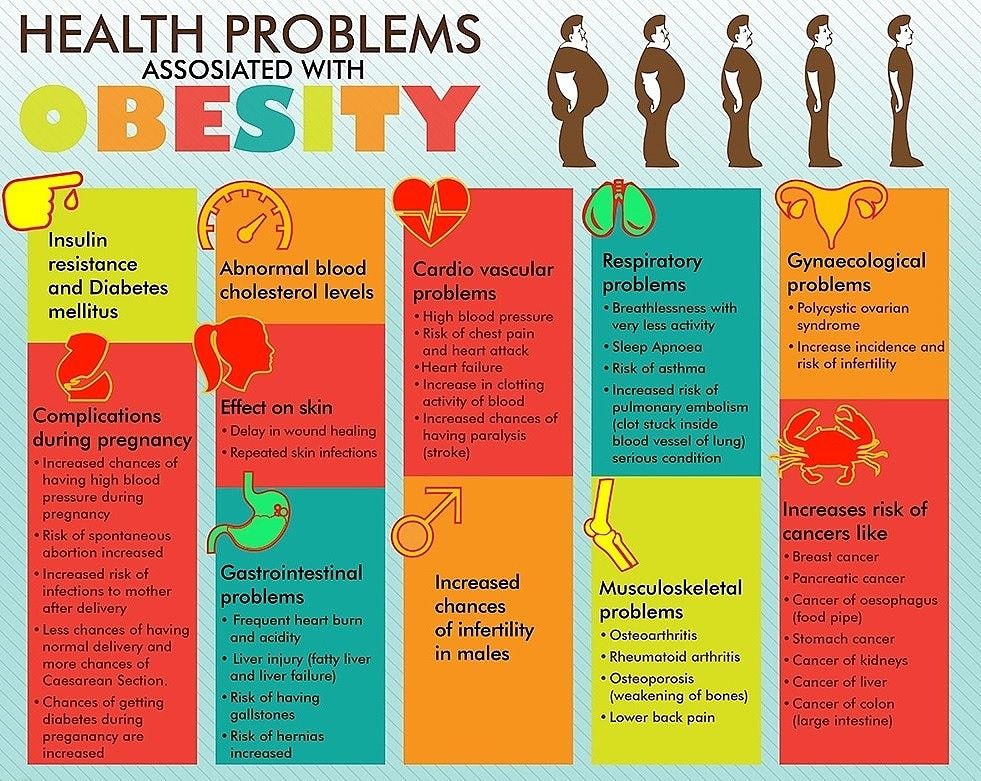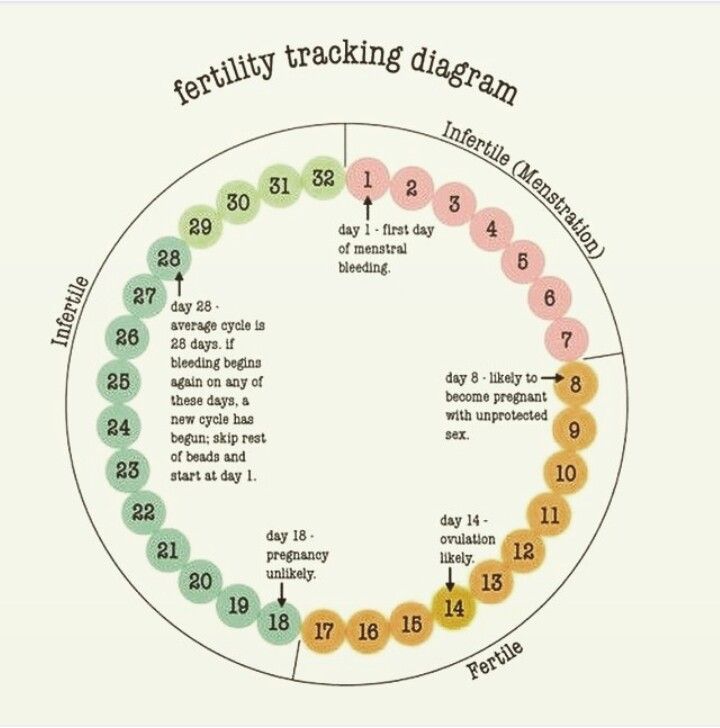Dealing with pregnancy loss
Dealing with a pregnancy loss
This is a difficult time for pregnant individuals, their partners and families. It is a time when you may need comfort and emotional support.
You may also experience physical changes to your body after a pregnancy loss.
Some women and their families feel confused, shocked, angry, guilty, sad and in despair. These feelings are normal. Sometimes, these feelings can be so overwhelming that you find it difficult to cope with the ordinary demands of daily living. Women often say they feel overwhelmed, become forgetful and are preoccupied with thoughts of the baby. Just know that this process takes time.
Allow yourself to experience the pain of your loss
People experience grief both physically and emotionally. Each person’s grief experience is different. There is no right or wrong way to feel. Even within cultural groups, the experience of grief is different from person to person. Crying might help. Your feelings are real and they will not go away if you try to shut them out. You may feel some relief if you pay attention to your feelings and allow yourself time and space to express them. Healing can begin when you acknowledge your broken heart.
If you have any specific religious, cultural or spiritual rituals, let your health care providers know.
Be patient with yourself
It is normal to feel confused and unsure of yourself for many days, weeks and months after the loss of your baby. You need care and understanding from everybody around you. This is also a time to care for yourself. A crisis such as the loss of a baby may bring you, your partner and your family closer together. However, this may not necessarily happen. You may all be grieving differently. This is normal. It might help if everyone sits together and takes turns to talk about their feelings. Try asking each other “How are you feeling?”
Get support from those around you
Pregnancy loss is often a private event in a woman’s life. Support from those around you may or may not be obvious. To get support, it might help to talk about your feelings with trusted friends and family members. Support from others can be very helpful as you cope with your loss.
Support from those around you may or may not be obvious. To get support, it might help to talk about your feelings with trusted friends and family members. Support from others can be very helpful as you cope with your loss.
If you don’t feel those around you can give you the support you need, you may wish to find someone less affected by your loss. You could contact a support group, a professional counsellor, your family doctor or midwife, or a public health nurse. While in hospital, you can ask to speak with the social worker. The social worker might be available to help you process the grieving experience, offer you practical support and connect you with someone who can help.
Create memories
You may find healing in creating lasting memories with your beloved baby. This can include naming your baby, seeing and holding your baby after giving birth, having a memorial service and collecting mementos.
With help from hospital staff, some families collect mementos of their baby such as a lock of the baby’s hair, hand and foot prints, photographs, the crib card and the hospital bracelet. Professional photographers trained in taking gentle and beautiful photographs in a compassionate and sensitive manner are available to donate their services to take photographs for you. Visit Now I Lay Me Down to Sleep to find a photographer in your area.
Professional photographers trained in taking gentle and beautiful photographs in a compassionate and sensitive manner are available to donate their services to take photographs for you. Visit Now I Lay Me Down to Sleep to find a photographer in your area.
If you wish to commemorate the stillbirth of your child, you can apply for a Stillbirth Certificate of Remembrance.
Looking to the future
In the future, you might want to get pregnant again. You may have unresolved feelings and fears of losing the pregnancy again. This is normal.
Future pregnancies may be emotionally difficult. If you allow yourself time to grieve your loss now, you might find your worries easier to cope with during your next pregnancy. If you have any questions, contact your health care provider.
Losing a baby: How to cope with pregnancy loss
Losing a baby during pregnancy is a difficult and emotional experience. It's natural to feel an overwhelming sense of grief after a miscarriage or stillbirth, as well as a range of emotions like guilt, anger, sadness, and shock. Everyone processes pregnancy loss differently. Be open with your partner about how you're feeling, but understand that the two of you may not handle the loss in the same way. Give yourself time to heal, lean on those who care about you, and consider joining a stillbirth or miscarriage support group.
Everyone processes pregnancy loss differently. Be open with your partner about how you're feeling, but understand that the two of you may not handle the loss in the same way. Give yourself time to heal, lean on those who care about you, and consider joining a stillbirth or miscarriage support group.
For many, there's so much hope, expectation, and planning that goes into a pregnancy. When you have a miscarriage or a stillbirth, it can feel devastating and isolating. But know that you are far from alone: In the United States, between 10 and 15 out of every 100 pregnancies ends in miscarriage, while 1 in 160 pregnancies end in stillbirth.
It's normal to feel shock, grief, depression, guilt, anger, and a sense of failure and vulnerability after losing a baby. The days, weeks, months, and even years following a pregnancy loss can be incredibly difficult and painful – even more so if this wasn't your first miscarriage, or if you carefully planned this pregnancy and thought you'd done everything "right.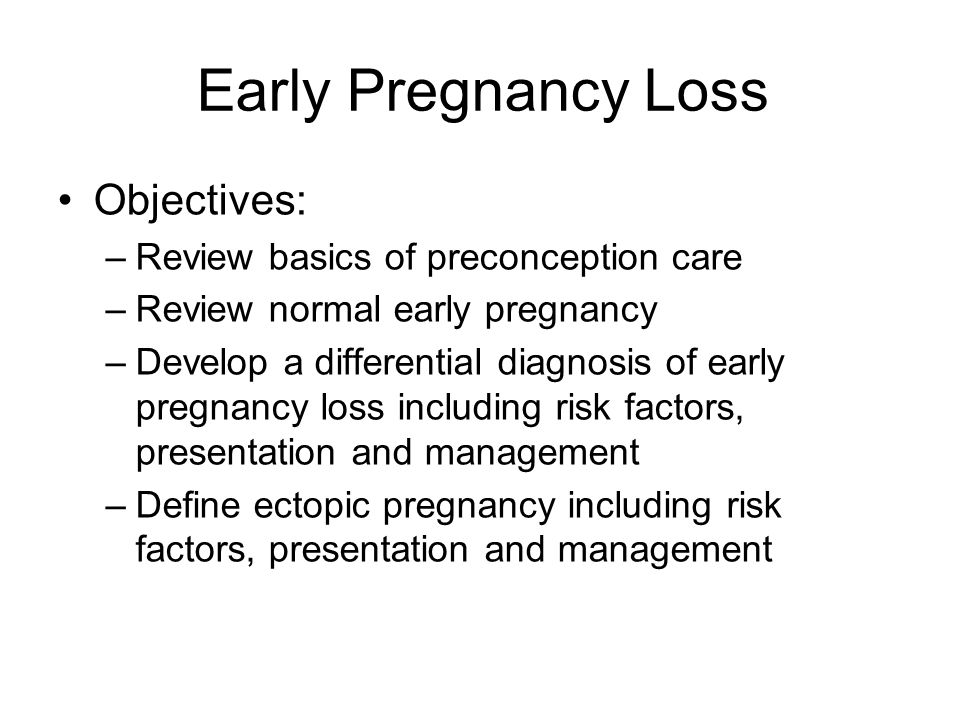 "
"
If you told people you were pregnant, you might worry about announcing the news of your loss. You may find even the sincerest expressions of sympathy difficult to take.
Here are a few things to remember as you're coping with pregnancy loss:
Pregnancy loss isn't your fault
Pregnancy loss can affect anyone, and it's usually not related to something you did or didn't do. About half of early miscarriages are due to genetic problems or chromosomal abnormalities. The rest stem from things like:
- Abnormal development of the embryo
- Fibroids, scar tissue, or other problems with the uterus
- A cervix that can't stay closed (incompetent cervix)
- Hormone problems
- Infection
- Injury
- Autoimmune diseases like lupus that cause your body to make antibodies against your baby
It’s normal to feel guilty or blame yourself for your pregnancy loss, and while these feelings are very real, it's not your fault. Be gentle, give yourself grace, and allow yourself time to recover.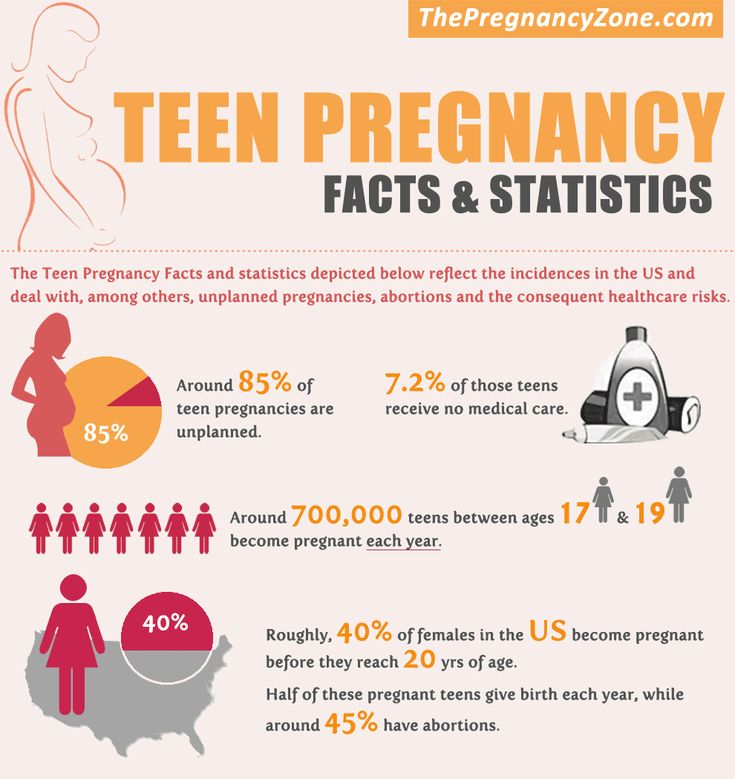
Give yourself the time you need to heal
You can cycle through a range of emotions after a pregnancy loss – or you may simply feel withdrawn and moody and unable to concentrate or sleep. It's all valid.
Don't pressure yourself to get past the sadness quickly. Your healing will be more complete if you deal with your grief as it comes. You may find yourself reliving the pain, especially around your due date or other milestones. Over time, things will change and you'll feel better.
Advertisement | page continues below
Even if you feel physically fine, taking some time away from your job (if you're able) may be helpful. You need a chance to process what's happened. A break from your regular routine might help you acknowledge and accept all that you're going through.
Some private companies already offer paid time off for bereavement following a pregnancy loss, and Congress has proposed a bill called the Support Through Loss Act that, if signed into law, would require companies to offer three days of paid time off to those who have lost a pregnancy.
Know that everybody grieves pregnancy loss differently
Everyone grieves differently, and there's no right or wrong way to deal with grief. Honoring your baby is also a process that's unique to each person.
If your partner doesn't seem to be affected by the loss as deeply as you are, talk openly and honestly with them about what's happened and how it's affecting you. Share your feelings and your needs, but give each other the freedom to experience the loss in your own ways.
If your partner is male, it might be helpful to know that men and women can grieve for a pregnancy loss differently. Research has found that the psychological impact of a miscarriage is less intense and not as long-lasting in men as it is in women.
Men can experience anxiety, depression, and post-traumatic stress disorder (PTSD) after a pregnancy loss, but not as frequently as women, research has found. So, don't misread your partner's stoicism as not caring, and don't judge yourself if you're not coping as well as they are.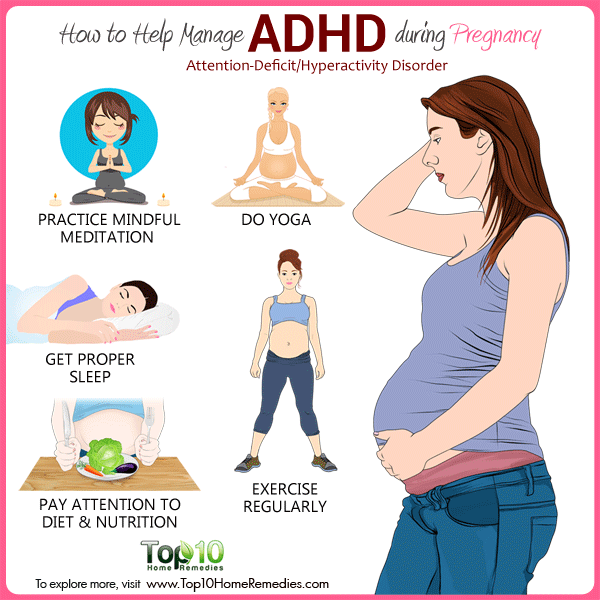
It's okay to talk about losing a baby
Although it may seem painful or taboo to talk about, sharing your story can make you feel less alone and help you heal. You may be surprised by how many of your co-workers, cousins, neighbors, or friends have their own stories of loss and healing.
You may find understanding and support from unexpected people – which can help make up for the fact that some people you expected to understand don't seem to get how much you're hurting. Being open about your experience might also help erase the stigma for someone else, and give them the freedom and comfort to talk about their own pregnancy loss.
Keep in mind that someone who hasn't gone through a miscarriage really can't know what it's like. Most people want to say something comforting but don't know what to say. Try not to take it personally if they say the wrong thing or nothing at all.
You can share the news about your pregnancy loss however you want
Of course, you may not be ready to talk about your loss for a while.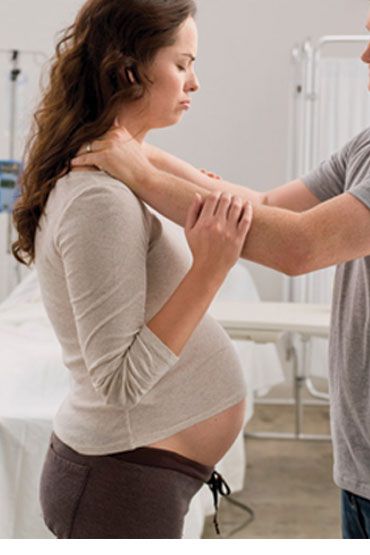 If it came after you announced your pregnancy, you may be in for painful confrontations with well-meaning friends and relatives who want to know how the baby is doing. One way to avoid this is to have a close friend spread the word about your loss and let everyone know you're not ready to talk about it.
If it came after you announced your pregnancy, you may be in for painful confrontations with well-meaning friends and relatives who want to know how the baby is doing. One way to avoid this is to have a close friend spread the word about your loss and let everyone know you're not ready to talk about it.
If you've announced your pregnancy on a social media site, you may want to post again, explaining that you've had a loss.
Having a young child at home can complicate the process of revealing your loss – but it's helpful to talk to your child about loss.
There's support out there for you
Just one search online will quickly remind you that you're not alone. Getting support after a miscarriage or a stillbirth through online forums might help you cope with a pregnancy loss.
Visit the BabyCenter Community for comfort, advice, and understanding from others who have gone or are going through a loss:
- Miscarriage, Stillbirth & Infant Loss Support Group
- Miscarriage Support Group
- Recurrent Pregnancy Loss Group
For in-person help, ask your ob-gyn or midwife about pregnancy-loss support groups near you.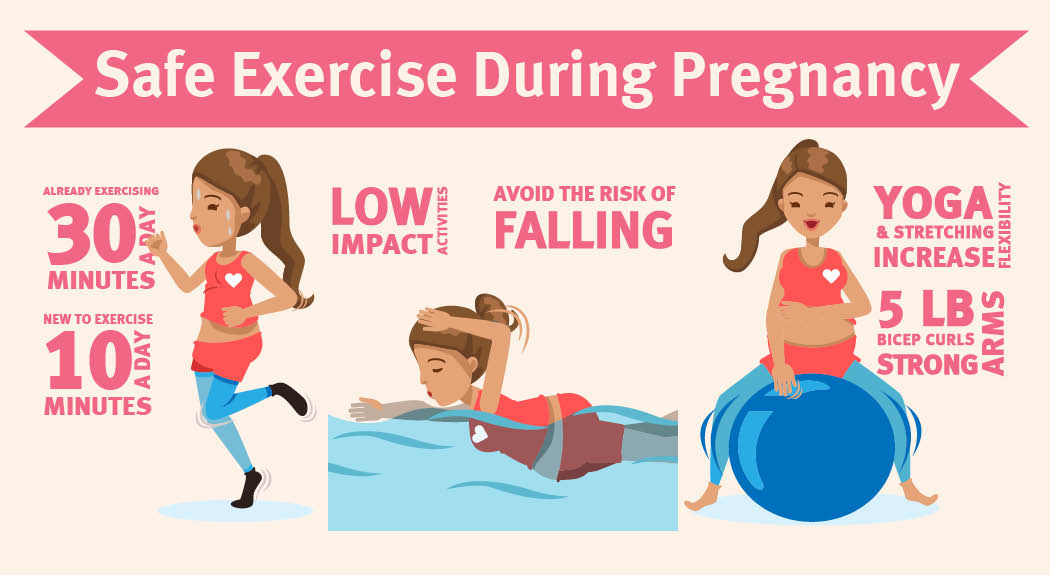 Or visit Share, an online community for people who are dealing with miscarriage. They can connect you with support groups both in your community and online.
Or visit Share, an online community for people who are dealing with miscarriage. They can connect you with support groups both in your community and online.
It may take a while to find a pregnancy loss, stillbirth, or miscarriage support group that suits you, so don't get discouraged if you don't like the first one you try. Try to see if you can find out in advance about the people in the group to see if you'll fit in. (Have most of them had early pregnancy loss, for example? Is it a group coping primarily with stillbirths?)
You may also want to look for a professional counselor to help you grapple with the difficult emotions you're experiencing right now and, ultimately, come to terms with your grief.
Why is it so important for us to talk about the loss of a child
Why is it so important for us to talk about the loss of a child?- Healthcare issues »
- A
- B
- B
- G
- D
- E
- and
- 9000 O
- P
- R
- S
- T
- Y
- F
- X
- c
- h
- Sh
- Sh
- K
- s
- 9000 Popular Topics
- Air pollution
- Coronavirus disease (COVID-19)
- Hepatitis
- Data and statistics »
- News bulletin
- The facts are clear
- Publications
- I
- WHO in countries »
- Reporting
- Regions »
- Africa
- America
- Southeast Asia
- Europe
- Eastern Mediterranean
- Western Pacific
- Media Center
- Press releases
- Statements
- Media messages
- Comments
- Reporting
- Online Q&A
- Events
- Photo reports
- Questions and answers
- Update
- Emergencies "
- News "
- Disease Outbreak News
- WHO Data »
- Dashboards »
- COVID-19 Monitoring Dashboard
- Basic moments "
- About WHO »
- CEO
- About WHO
- WHO activities
- Where does WHO work?
- Governing Bodies »
- World Health Assembly
- Executive committee
- Main page/
- Media Center /
- Spotlight /
- Why is it so important for us to talk about the loss of a child
Why is it important for us to talk about the loss of a child
WHO/M.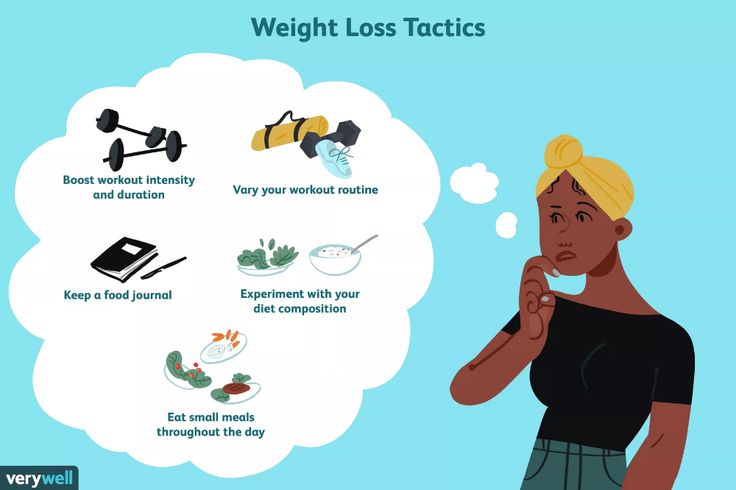 Purdie
Purdie
© Photo
The loss of a child during pregnancy due to miscarriage or stillbirth is still a taboo topic around the world, which is associated with condemnation or a sense of shame. Many women who lose a child during pregnancy or childbirth continue to receive neither the proper care nor the respect they deserve. In this material we want to share stories told by women from different countries.
Miscarriage is the most common cause of pregnancy loss. Estimates of the prevalence of this phenomenon vary somewhat, although according to the March of Dimes Foundation, an organization dedicated to maternal and child health, the prevalence of miscarriage in women who knew they were pregnant is 10-15%. Different countries around the world use different definitions of pregnancy loss, but as a rule, the death of a child before 28 weeks of gestation is considered a miscarriage, and death at or after 28 completed gestational weeks is considered a stillbirth. There are 2.6 million stillborn babies born each year, and many of these deaths could have been prevented. However, even in developed countries, miscarriages and stillbirths are not systematically recorded, so the actual figures may be even higher.
There are 2.6 million stillborn babies born each year, and many of these deaths could have been prevented. However, even in developed countries, miscarriages and stillbirths are not systematically recorded, so the actual figures may be even higher.
Worldwide, women's access to health services varies by country of residence, with hospitals and outpatient facilities very often under-resourced and understaffed in many countries. As varied as the experience of bereaved women, stigma, guilt and shame are common themes around the world. Women who have lost their children have shared personal experiences that they felt they had to keep their grief quiet, either because miscarriages or stillbirths remain common or because people perceive them as inevitable.
Jessica Zucker, Clinical Psychologist and Writer, USA
“I am a clinical psychologist specializing in mental health issues related to reproduction and motherhood. I have been doing this for over ten years. But when I myself had a miscarriage at 16 weeks, only then could I truly feel that heartache, that re-experienced feeling of grief and loss that my patients have been telling me about for so many years.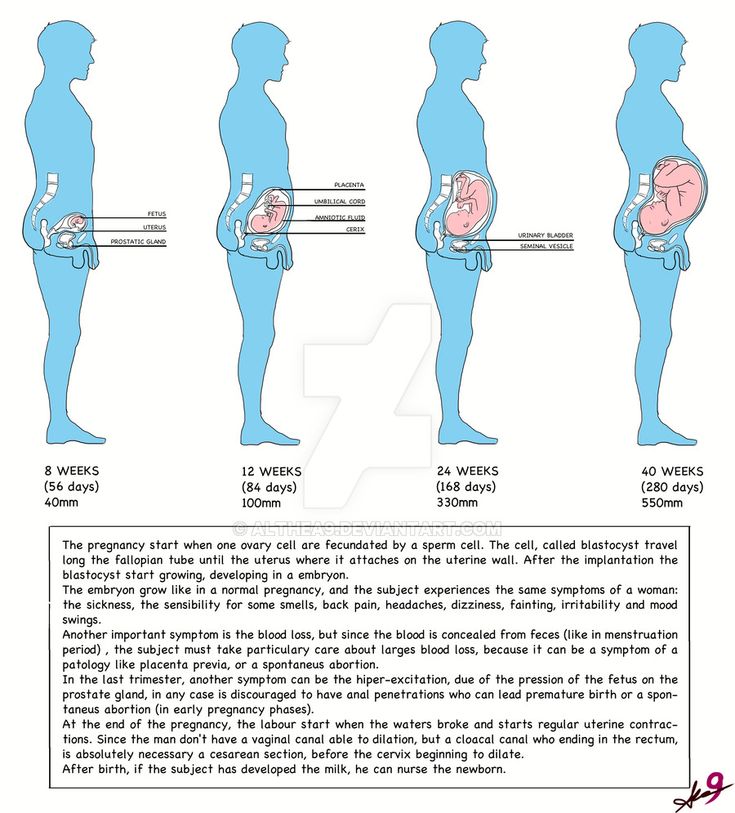
Jessica's story
All this has an extremely hard effect on women. Many women who lose a child during pregnancy may develop mental health problems that last for months or years, even if they later have healthy children.
Cultural and social views on the loss of a child in different parts of the world can be very different from each other. Thus, in sub-Saharan Africa, the prevailing opinion is that a baby can be born dead because of witchcraft or the machinations of evil spirits.
Larai, 44, pharmacist, Nigeria
“I took everything that happened after my miscarriage very hard. This was greatly facilitated by the medical workers themselves, despite the fact that I am also a doctor. Another issue is cultural representations. Here, the loss of a child brings shame to the woman, because there is a perception that if a woman has lost a child several times, something is wrong with her, and that she may have had extramarital affairs, and the loss of a child in that case, God's punishment.
Larai's story
There are many possible causes for miscarriages or stillbirths, including fetal abnormalities, maternal age, and infections, many of which (such as malaria and syphilis) are preventable, although identifying the exact cause is often difficult.
General recommendations for preventing miscarriage include a healthy diet, physical activity, avoiding smoking, drug and alcohol use, limiting caffeine intake, managing stress, and maintaining a normal body weight. This approach focuses on lifestyle factors, and in the absence of specific explanations for what happened, this can lead to women feeling guilty that it was their behavior that caused the miscarriage.
Lisa, 40, Marketing Manager, UK
“I've had four miscarriages. Every time this happens, a part of you dies. The first time was the hardest. It was my very first pregnancy. We were so happy that we will soon have a baby. But when we went to our local hospital in the southeast of England at week 12 for a routine ultrasound, I was told that I had a miscarriage, or miscarriage, which meant that my baby had died long ago, although I did not feel no signs. "
"
Lisa's story
As with some other medical topics, such as mental health, which remain a huge taboo, many women report that, regardless of their cultural background, education and upbringing, their friends and families don't want to talk about their loss. Apparently, this is due to the general tradition to surround any grief with a veil of silence.
Susan, 34, writer, USA
“My infertility battle has been going on for almost five years now. After I decided to try IVF, I actually managed to get pregnant, but after a few weeks the baby stopped growing. It took doctors two and a half weeks to confirm this. It took another two weeks before I had a miscarriage that lasted 19days. I could not imagine that it could be so painful, for so long and with such heavy bleeding.
Susan's story
Stillbirths occur later in pregnancy, namely after 28 gestational weeks, as defined by the WHO. About 98% of stillbirths occur in low- and middle-income countries. Lack of proper care and supervision during labor results in one in two stillbirths occurring during delivery, many of which could have been prevented with quality care and proper supervision of the woman in labour.
Lack of proper care and supervision during labor results in one in two stillbirths occurring during delivery, many of which could have been prevented with quality care and proper supervision of the woman in labour.
Better care during pregnancy and childbirth could prevent more than half a million stillbirths globally. Even in high-income countries, non-compliance with standards of care is an important cause of stillbirths.
There are clear ways to reduce the number of children who die during pregnancy, namely: improving access to antenatal care (in some parts of the world, women do not see a health worker until they are several months pregnant), introducing continuous care models, provided by midwives, as well as community care where possible. Integrating infection management during pregnancy, fetal heart rate monitoring and birth monitoring into a comprehensive care package could save 1.3 million lives of otherwise stillborn babies.
Emilia, 36, shopkeeper, Colombia
“When my baby was stillborn at 32 weeks, we already gave him a name.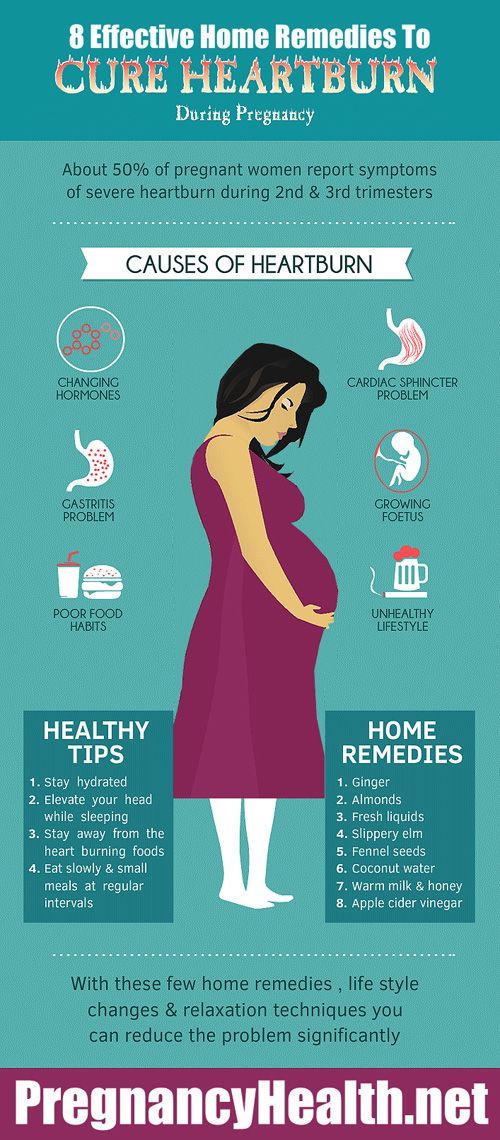 The doctor referred me for an ultrasound examination, during which he told me that the child was not showing signs of life. I knew right away that my baby was dead. I know this could have been avoided. If from the very beginning I had been told everything about my condition in more detail, if the doctors had treated me more attentively during the critical periods of my pregnancy, my child could have been saved.
The doctor referred me for an ultrasound examination, during which he told me that the child was not showing signs of life. I knew right away that my baby was dead. I know this could have been avoided. If from the very beginning I had been told everything about my condition in more detail, if the doctors had treated me more attentively during the critical periods of my pregnancy, my child could have been saved.
Emilia's story
Attitude towards women during pregnancy is related to the extent to which their sexual and reproductive rights are generally realized; many women around the world do not have the ability to make autonomous decisions in this area.
In many parts of the world, the pressure of public opinion is forcing women to become pregnant when they are not yet physically or psychologically ready for it. Even in 2019, 200 million women who want to avoid pregnancy do not have access to modern methods of contraception. And when pregnancy does occur, 30 million women are forced to give birth outside of health facilities, and 45 million women do not receive adequate antenatal care or no antenatal care at all, greatly increasing the risk of complications and death for both the mother and the mother.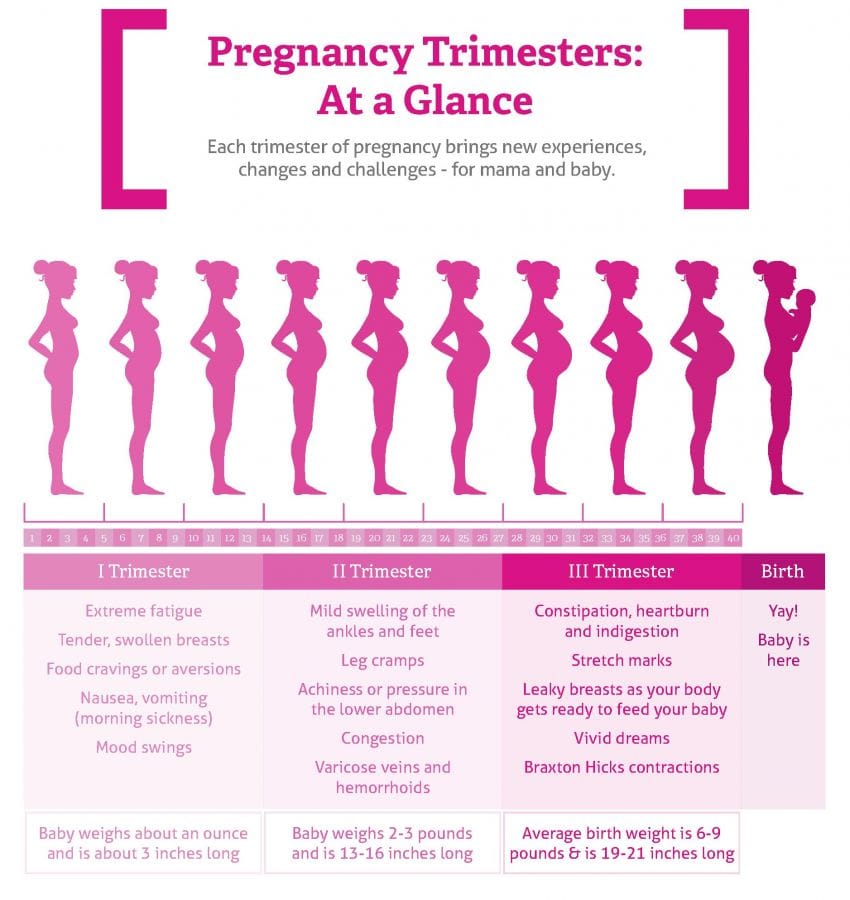 child.
child.
Cultural practices, such as ritual female genital mutilation and child marriage, cause great harm to girls' sexual and reproductive health and the health of their children. Having children at a young age can be dangerous for both mother and child. Adolescent girls (aged 10–19 years) are significantly more likely to have eclampsia or intrauterine infections than women aged 20–24 years, increasing the risk of stillbirth in this age group. In addition, babies born to women younger than 20 are more likely to have low birth weight, prematurity, or severe health problems in the first month of life, which also increases the risk of stillbirth.
Female genital mutilation increases a woman's risk of protracted or difficult labour, bleeding, severe tears and increases the frequency of instrumental use in childbirth. At the same time, children of such mothers are much more likely to need resuscitation during childbirth and increase the risk of death during childbirth or after birth.
Putting women at the center of care is critical to creating a positive pregnancy experience—the biomedical and physiological aspects of health services need to be complemented by social, cultural, emotional and psychological support.
However, many women, even in developed countries with access to the best health care systems, do not receive adequate care after the loss of a child. Even the language used by medical professionals in relation to miscarriage and stillbirth can be traumatic in itself: the use of terms such as "cervical failure" or "dead gestational sac" can be painful.
Andrea, 28, stylist and singer, Colombia
“When I was 12 weeks pregnant, I went to a scheduled appointment with the doctor, where I had an ultrasound. The doctor told me that I was not doing well, but did not specify what exactly was wrong. The next day, when I woke up, I noticed blood stains on the sheets. I didn't get any information about why I had a miscarriage. My doctor was very kind to me, but he didn't explain anything to me. But the nurses were completely indifferent and unfriendly and behaved as if I had undergone an ordinary medical procedure, and nothing more. No one gave me any support."
My doctor was very kind to me, but he didn't explain anything to me. But the nurses were completely indifferent and unfriendly and behaved as if I had undergone an ordinary medical procedure, and nothing more. No one gave me any support."
Depending on the rules of the particular medical facility, stillborn bodies may be treated as clinical waste and may be incinerated. It happens that when a woman learns that her child has died, she is forced to continue to carry the dead baby for several weeks before she can give birth. Even if this delay may be clinically justified, this situation is excruciating for both the woman and her partner. Even in developed countries, women may be forced to give birth to their dead babies in maternity wards, surrounded by women who have healthy children, which is very difficult from a psychological point of view and reminds the woman of her loss.
Not all inpatient or outpatient facilities can adopt a new care strategy or provide more services. This is the reality that reflects the overload of health systems. And yet, there is no extra cost to be more sensitive in dealing with bereaved couples and to remove the taboo and stigma around talking about the loss of a child. This is evidenced by some of the stories told here.
This is the reality that reflects the overload of health systems. And yet, there is no extra cost to be more sensitive in dealing with bereaved couples and to remove the taboo and stigma around talking about the loss of a child. This is evidenced by some of the stories told here.
Medical staff are fully capable of being sensitive and compassionate, recognizing the depth of the parents' feelings, providing clear information about the situation, and understanding that parents may need special support, both in relation to the loss of a child and in relation to the possible desire for more children. . To provide competent maternal and newborn health care and to meet the requirements for clinical competence in general, it is necessary that this care be provided from a human rights perspective, on the basis of respect, protecting the dignity of patients and taking into account their socio-cultural characteristics.
Learn more about the work of WHO
Learn more about the work of WHO in collaboration with partner organizations
"Farewell, my little one"
Original material on the Portal "Such things".
Thanks to the author Maria Tsybulskaya.
The loss of a child during pregnancy and childbirth is as difficult for parents as the death of any other child. But families often face the callousness of doctors and the healthcare system, the inability of friends and relatives to support them in grief. How can you help in such a situation?
The problem is not only in the heart
We meet Sveta in a cafe. A very beautiful woman, a kind, open look, she smiles politely and warns that she will most likely cry: "Don't pay attention." A few months ago, Sveta lost her child and is now slowly recovering from the loss. The Children's Hospice "House with a Lighthouse" helped Sveta and her family get through this ordeal.
Svetin's husband Maxim is a dentist, she herself worked in large companies until the last decrees. Friendly family. Great older kids. The eldest son is already twelve, the youngest is four and two, a girl and a boy, and in the stomach there is another girl, Marusya.
When the doctor noticed something was wrong in the baby's heart during an ultrasound scan at 27 weeks, Sveta rummaged through the entire Internet in search of cardiologists who operate on babies and thought out a treatment plan after childbirth. But during a clarifying diagnosis, the doctors realized that the problem was not only in the heart.
“I already had an expert ultrasound, and the doctors discussed among themselves the arms, legs, fingers clenched into a fist, and I was angry that they were looking at the fingers, and not at the heart. Then it turned out that just clenched fingers are a sign of Edwards syndrome, which Marusya had. Of the genetic syndromes, I only knew about Down syndrome. And when I heard what they were talking about the syndrome, I began to repeat to myself: “If only it wasn’t Down, if only it wasn’t Down.” I go out into the corridor and tell my husband: “We have some kind of E syndrome.” We start to google, at the same time we see an article on Wikipedia and say in chorus: “Bli-i-i-i-n. ”
”
AT THAT MOMENT I STARTED ASKING: “LET THERE BE DOWN SYNDROME, THEN SHE WILL LIVE!”
It took three weeks to clarify the diagnosis. Several ultrasounds from different experts, an analysis of umbilical cord blood, and by 30 weeks there was no doubt left: Marusya has a chromosomal disorder - Edwards syndrome. Such children have multiple malformations, external changes, heart defects. The prognosis is very poor, half of the children die before the age of two weeks, only 5-10% survive to a year. Direct indication for artificial termination of pregnancy.
How it happens
Most often, a woman finds out that something is wrong with a child precisely on ultrasound. If the child’s heart has stopped (and this can happen at any time), then she is immediately sent for childbirth, and if the child is alive, but develops with pathologies incompatible with life, a clarifying diagnosis will first be carried out. In case of suspected genetic abnormalities, a genetic analysis of amniotic fluid or cord blood may be required.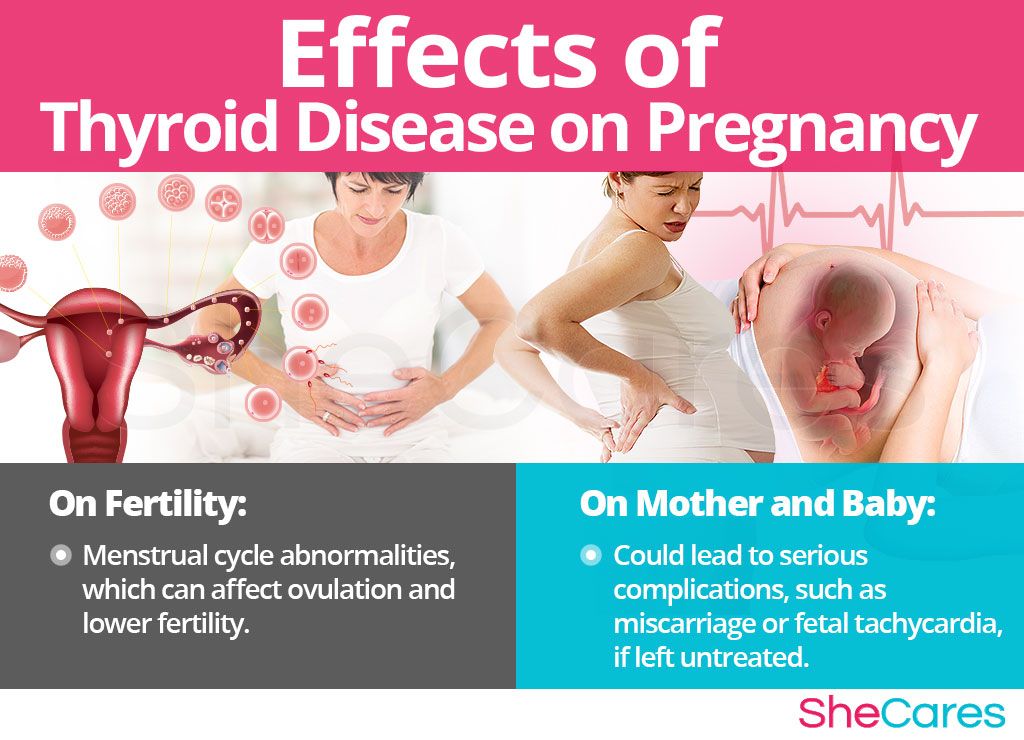 It usually takes two to three weeks for an accurate diagnosis to be made.
It usually takes two to three weeks for an accurate diagnosis to be made.
If the diagnosis is made before the 22nd week of pregnancy, the antenatal clinic doctor can issue a referral for medical termination. If later, the woman goes to a consultation at the perinatal center, where several doctors, including a neonatologist-resuscitator, tell her about the diagnosis and issue a referral for interruption. If a woman wants to carry a pregnancy to term, she is told about all the possible prospects: whether the child will be born alive and, if so, how long she will live, how much she will be disabled.
In the event of a decision to terminate the pregnancy (this is what most women do), the child is injected into the umbilical cord with medicine to stop the heartbeat and pain relief, and after the death of the fetus, labor is induced. At the same time, stillbirth is not an indication for caesarean section - and the woman gives birth herself. It is believed that natural childbirth gives fewer complications and will be more likely to endure the next pregnancy, and caesarean at will is officially prohibited.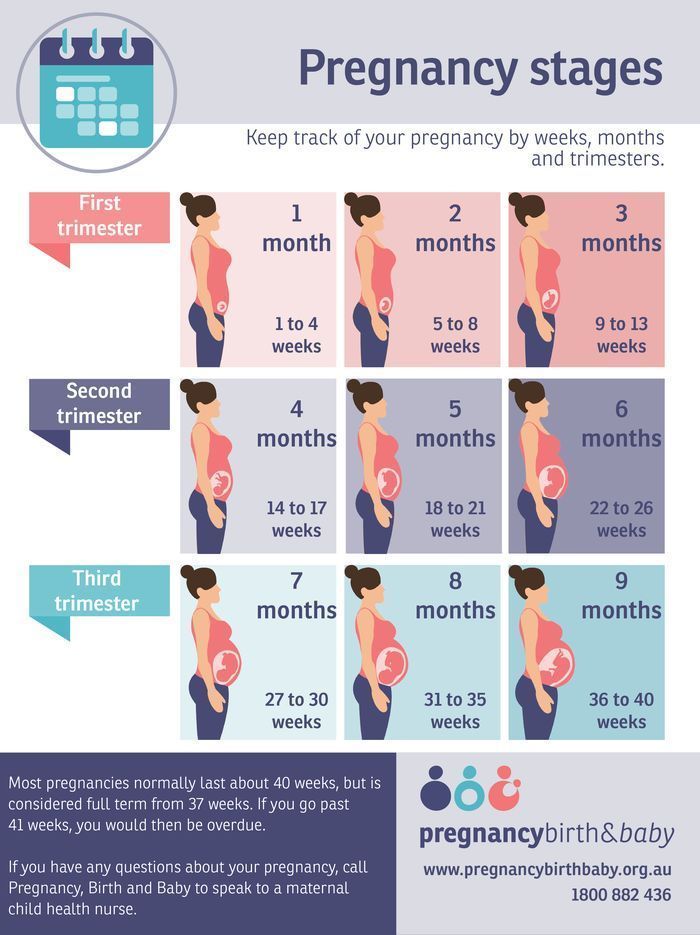
Marusya Photo: from personal archive
Perinatal psychologist Alina Nikiforova works at the Center for Family Planning and Reproduction and participates in consultations on the issue of late pregnancy termination. Alina is sure that it would be easier for the family to cope with the situation if they got to a psychologist at the first suspicion of a diagnosis, but most often by the time of the consultation they still do not receive any help. “At first, a woman is in a state of severe shock and denial - this is a normal defensive reaction of the psyche to a traumatic event. In this state, it is difficult to perceive information, it is difficult to make decisions and adequately assess what is happening. And you have to go to the doctors, take tests, collect certificates, tell relatives about what is happening and decide something about further actions. Often, due to shock, you can not do something important, for example, not prepare for the thought of saying goodbye to a child, ”explains Alina.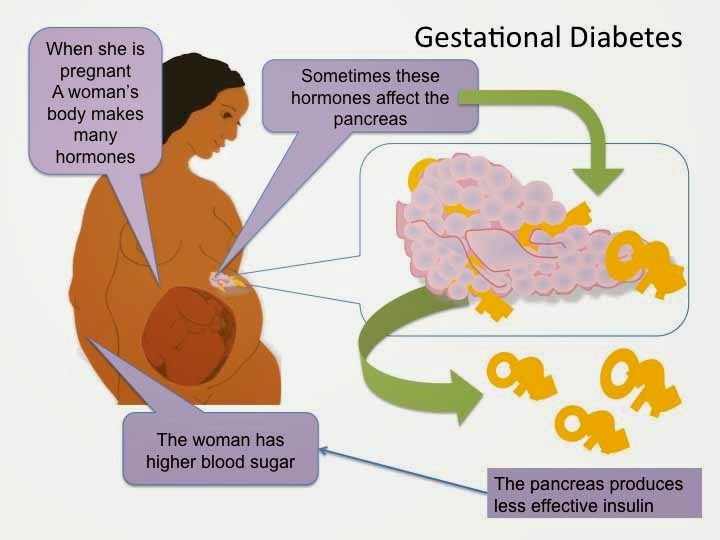
Sveta was lucky: she met a psychologist before the consultation.
“I had the feeling that I was falling into an abyss. Days, nights, weeks, and I keep falling, and my heart jumped to my throat, and I can’t breathe, and my ears are ringing, and I keep falling. And it doesn't end. When I met with the psychologist Natasha, I had the feeling that she caught me and began to keep me over this abyss."
"OF COURSE, OUR TROUBLE DID NOT GO ANYWHERE AND THE SOIL UNDER THE FEET DID NOT APPEAR IMMEDIATELY, BUT AT LEAST I WOULD STOP FALLING"
It was very important for Sveta to understand what would happen if she decided to have an interruption. What will the doctors do, how will everything go. Stories about injections, about the birth of a dead child seemed to her savagery, something unreal, inhuman. These pictures did not fit in my head. Then Sveta found a book by Anna Starobinets “Look at him”. In it, the writer talks about how she lost her child, about the rudeness and callousness of the doctors who diagnosed her child and issued a referral for interruption, about the formality of the entire Russian system as a whole, and about how much more humanely she was treated in Germany, where she ended up going to terminate the pregnancy.
Say goodbye and remember
Natalia Perevoznyuk, psychologist at the House with a Lighthouse Children's Hospice, says that until the 1970s, both in Europe and America, children who died during pregnancy and childbirth were treated in the same way as today in most clinics in Russia . The child was quickly taken away, not shown to the mother, not buried. It was believed that the sight of a dead baby was too traumatic and it was better not to see or know anything. But with the development of psychological assistance, it became clear that this model does not work. Without seeing the child, the mother will create his image all her life, will imagine something terrible or ugly, or yearn, regretting that she will never know what he looked like.
In general, the essence of the farewell ritual is to let the parents feel like the parents of this particular child. The experience of psychologists shows that if a mother is allowed to look at a deadborn baby, hold him in her arms, bathe him and dress him or wrap him in a blanket, be alone with him, she will retain memories that will support her.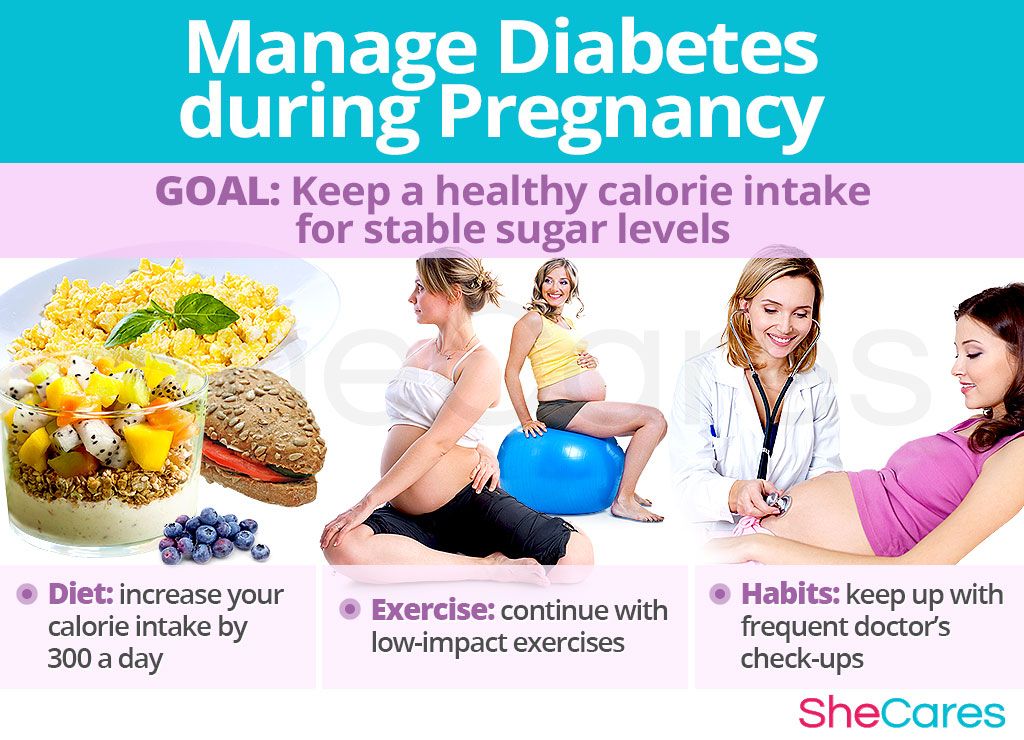
“A mother will still remember her child, so it is very important to create as many memories as possible that she will hold on to. This may not be obvious at the time of childbirth and even farewell, because the state of shock is still very strong, but then these memories will be important. And, having missed the chance to say goodbye, many women later regret it, ”says Alina Nikiforova.
Abroad, rules have been developed for saying goodbye to stillborn babies (even if it is an artificial termination of pregnancy for up to 20 weeks), which may also include religious rituals - in accordance with the religion of the parents. All details of childbirth are discussed with the family in advance. Will the husband participate, do the parents want to invite a photographer to the birth, who will take a picture of the baby as a keepsake, do they want the child to be dressed in clothes prepared in advance. The hospital staff makes prints of the child's hands and feet and gives them to the parents along with photographs.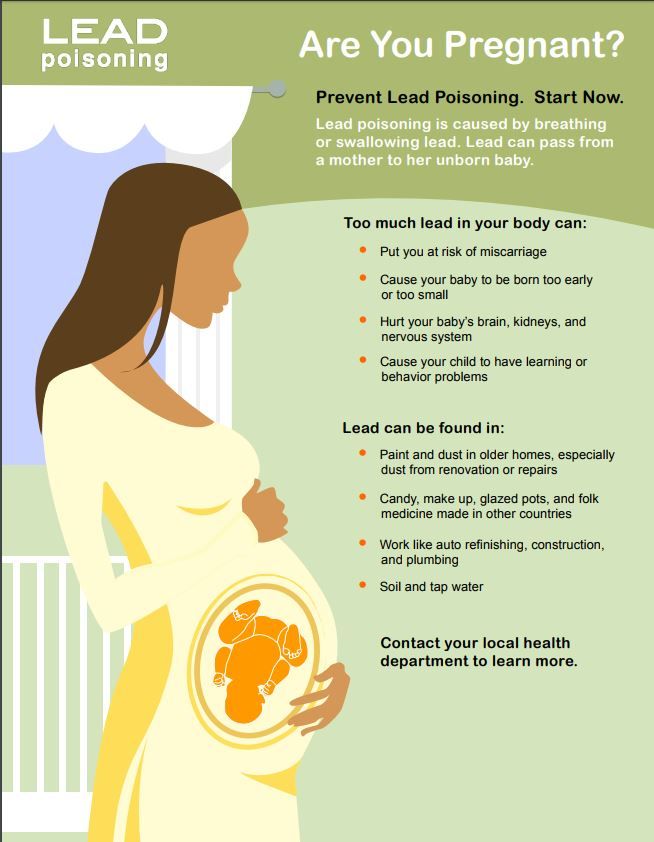
Help comes down to protecting the feelings of grieving people and treating them with respect. And the dead child and the memory of him are equated to any other deceased relative.
They were not taught this
Many women who have experienced loss tell about the coldness and even cruelty of doctors who work with pregnant women in Russia. Doctors often do not want to see their emotions, are rude, do not even show formal sympathy. The psychologists we talk to unanimously attribute this to a lack of professional ethics and a gap in the medical education system.
“Doctors were not taught this. In foreign standards, the issue of communication between a doctor and a patient is given great attention; without these skills, a doctor will not be able to work. In our country, doctors simply do not know how to talk on complex topics, they have neither protocols nor skills on how to behave in a tragic situation. They act intuitively - they try to get rid of the patient as soon as possible, crumple the conversation, get off with stereotyped phrases that devalue what is happening.
THEY SAY: "WHAT ARE YOU CRYING?!"0283
Marusya with her brother Photo: personal archive
It took a lot of time and effort to develop training seminars for doctors and healthcare workers, and the Foundation is very proud of this project. It was based on the experience of Sands specialists and the Institute of Perinatal and Reproductive Psychology and its vice-rector Marina Chizhova. At the seminars, doctors will learn how to delicately communicate with patients and their relatives in a difficult situation. They learn to report bad news, talk in simple terms about complex medical procedures, sympathize, but not give advice. Training takes place in the format of not only lectures, but also trainings, when doctors put themselves in the place of a patient in order to try to understand the feelings of women. Feshina sees how the attitude of staff towards parents in the clinics they work with is changing. Even those doctors who did not allow their husbands to give birth and tried to put the baby in a black bag as soon as possible, after the trainings soften and more easily meet the needs of patients.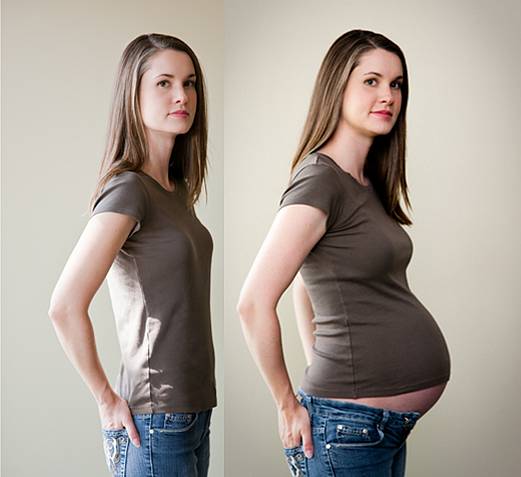
But so far it has not been possible to find those in Russian maternity hospitals who are ready to collect memory boxes with handprints and a photo of a child for women. Doctors say that "there is no place to store the boxes, no one to do this, and no one will take them with them." Alexandra admits that maybe not everyone will really be taken away. But it is important that such an opportunity exists.
For clinics, this training is free of charge - the Foundation covers the costs. According to Feshina, today about two thousand doctors in 23 regions of Russia have already attended this seminar, and thanks to the funding received from the Presidential Grants Fund, they will be able to conduct another 30 training events in 14 regions of the country during the year.
If you don’t interrupt
“After reading a book where Anna Starobinets tells how bad she felt after the abortion, even though doctors in Germany did everything very delicately, I realized that there is no solution that I won’t support later experience guilt and pain all your life.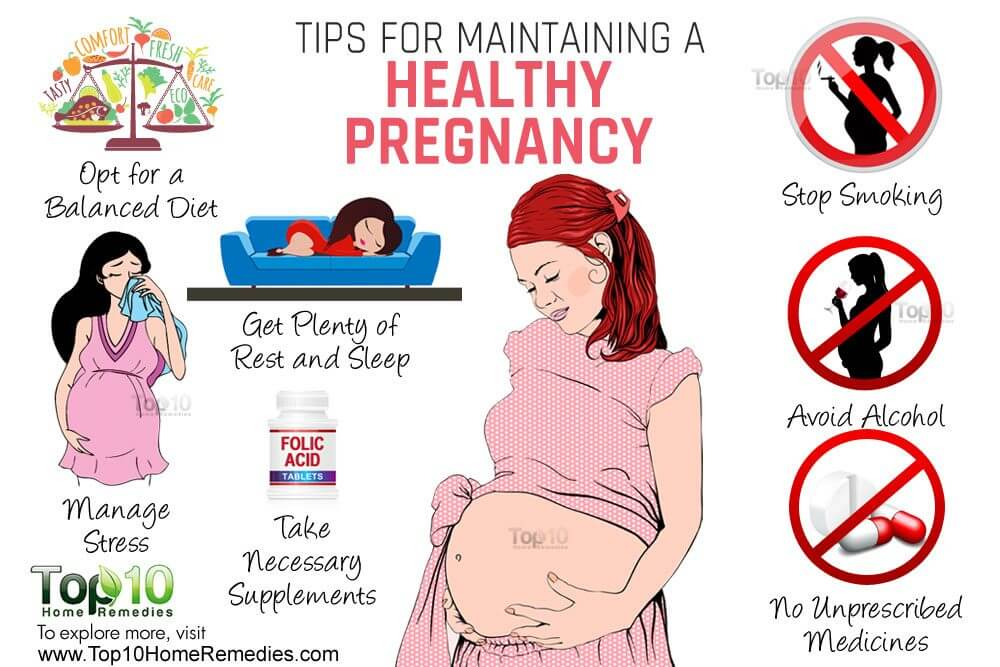 I understood that if I informed Marusya and let her be born, she would most likely die very quickly, and it was scary, but the thought that I should give her this injection when she had been with me for more than 30 weeks drove me crazy no less, says Sveta. - Husband, mother, mother-in-law, friends - everyone told me that leaving pregnancy is crazy, that it would be easier for everyone, including Marusya herself, to go for an interruption. It's like euthanasia - a humane outcome. But he didn't seem humane to me. I wanted to find out all the details of how such children live, whether they suffer, what they need. And I wrote a letter to the "House with a Lighthouse" because I knew that among their wards there are children with this syndrome. It turned out that they also have a program to help mothers who choose to inform and give birth to their terminally ill child.”
I understood that if I informed Marusya and let her be born, she would most likely die very quickly, and it was scary, but the thought that I should give her this injection when she had been with me for more than 30 weeks drove me crazy no less, says Sveta. - Husband, mother, mother-in-law, friends - everyone told me that leaving pregnancy is crazy, that it would be easier for everyone, including Marusya herself, to go for an interruption. It's like euthanasia - a humane outcome. But he didn't seem humane to me. I wanted to find out all the details of how such children live, whether they suffer, what they need. And I wrote a letter to the "House with a Lighthouse" because I knew that among their wards there are children with this syndrome. It turned out that they also have a program to help mothers who choose to inform and give birth to their terminally ill child.”
Sveta met the program coordinator, talked with doctors who work with children with Edwards syndrome, and with the mother of such a child, in order to better understand what kind of Marusya could be born.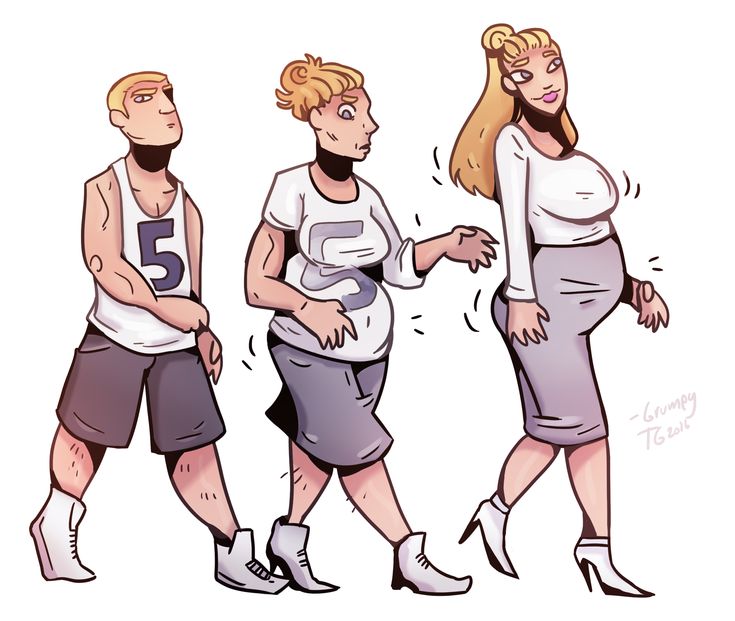 She and her husband have already come to the consultation with the decision to inform and give birth.
She and her husband have already come to the consultation with the decision to inform and give birth.
“There have always been parents who, for one reason or another, refused to have an abortion and gave birth to their child, despite the diagnosis. We didn't come up with this path. We have just developed a program for those who have made a choice,” says Lida Moniava, director of the House with a Lighthouse Foundation.
The hospice takes care of about 600 families from Moscow and the region. These are children with various incurable diseases, including congenital malformations. And many times, employees heard from parents that if they could go to the hospice during pregnancy, and not after childbirth, then it would be better to prepare for the birth and the first days of the child’s life would be different.
Hospice works only with families who have decided not to terminate their pregnancy. “We, as a hospice, take care of terminally ill children. Even if they haven’t been born yet,” Lida explains.
Ksenia Popova, program coordinator for working with families, meets mothers at a medical consultation and tells them what to prepare for and what to expect. “It is very important for us that the hopes of parents are realistic. That is, we do not support the idea that the doctors made a mistake and they will have an absolutely healthy child: modern diagnostics are quite accurate and it is impossible to make a mistake. But we can give a realistic hope that the malformations will not be radical and the child will live for some time, and maybe he will live quite a long time, will not suffer, will be provided for everything - we are talking about this with them, ”continues Ksenia .
The task of the entire team of specialists who work with the family, including a psychologist, social worker, lawyer and neonatologist, is to work out all possible scenarios for the development of events in order to be ready for their implementation. A child with pathologies may die before natural childbirth, may die during birth, or live for several days, weeks, and even years. Moreover, the last scenario must be understood especially clearly in order to calculate the resources of the family for caring for a seriously ill child. When Sveta turned to the Lighthouse House, she was introduced to a family in which a child with Edwards syndrome is already five years old.
Moreover, the last scenario must be understood especially clearly in order to calculate the resources of the family for caring for a seriously ill child. When Sveta turned to the Lighthouse House, she was introduced to a family in which a child with Edwards syndrome is already five years old.
“We do not believe that the way of having a child is the only correct one. No one knows what is right in such a difficult situation, no one can put themselves in the place of mom and dad. The only selection criterion, in my opinion, is the willingness to bear responsibility. And for this, information is needed, and that is what we provide at the first stage, ”says Ksenia.
Now this is a pilot project involving the Dom s Mayakom hospice and the maternity hospital at City Clinical Hospital No. 24 with the support of the Moscow Department of Health. That is, it is not just psychological assistance to families, but also medical support.
Marusya's family Photo: Efim Erichman
“When the topic of the birth of a terminally ill child is raised, the question is very acute: will he suffer if he is born alive. All parents ask us about this, and this is really extremely important. Actually, for us, the most important task is to provide the child with comfort and pain relief in all available ways, ”says Natalia Savva, director of methodological work at the House with a Lighthouse Children's Hospice.
All parents ask us about this, and this is really extremely important. Actually, for us, the most important task is to provide the child with comfort and pain relief in all available ways, ”says Natalia Savva, director of methodological work at the House with a Lighthouse Children's Hospice.
However, there is one more important point: if the child is born alive, doctors will be obliged to resuscitate him in case of deterioration. That is, to let him be born and just die in the arms of his mother in the hospital is illegal.
“The legislation does not provide an adequate solution to this difficult situation. On the one hand, abortion for medical reasons can be performed at any time, without restrictions. Even before childbirth. But if a child is born, then he receives all human rights, including the right to protect life and health, ”explains Polina Gabay, legal adviser in medical law. According to her, doctors are obliged to do everything possible to provide the child with the necessary medical care. Doctors may refuse to resuscitate a seriously ill child only in the event of clinical death against the background of a progressive, reliably established, incurable disease.
Doctors may refuse to resuscitate a seriously ill child only in the event of clinical death against the background of a progressive, reliably established, incurable disease.
“That is, you must first confirm the presence of a disease established in utero, and then testify to its progression. And this is no longer the decision that a doctor can make during or immediately after childbirth, the lawyer clarifies. “After all, if a doctor does not have enough evidence of the legality of refusing resuscitation, he risks his career and freedom.”
And although parents, as legal representatives, have the right to write a refusal to resuscitate, they must be prepared for the fact that the death of the child will be followed by a trial, and it is quite possible that a criminal case will be initiated against the parents under Article 125 of the Criminal Code of the Russian Federation (leaving in danger), or under Article 156 of the Criminal Code of the Russian Federation (failure to fulfill the obligations of raising a minor), or some other, there are options here.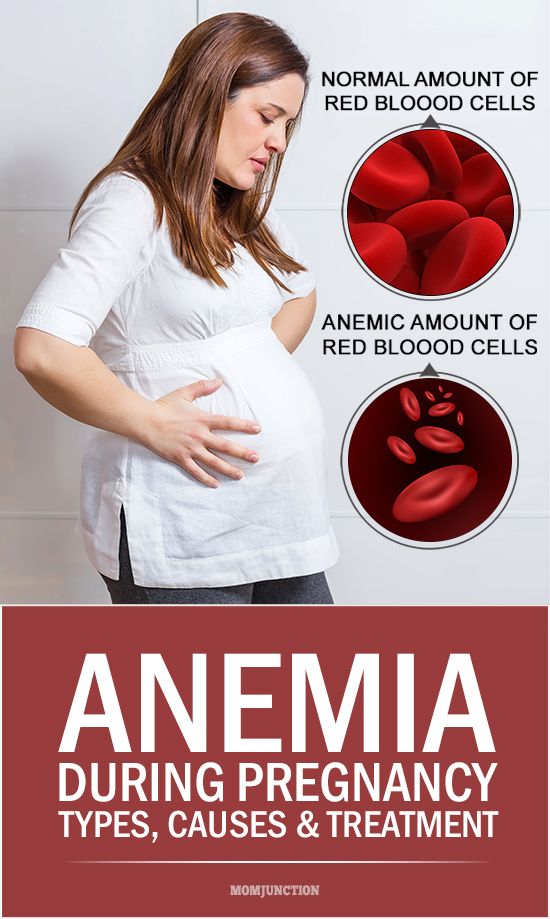
“Moreover, home birth is also not an option in this situation, because the death of a child in this case will also entail proceedings. Perhaps even criminal, if it is proved that the home birth was organized intentionally. Among other things, guardianship authorities can also be involved if there are other children in the family. That is, in addition to the tragic loss of a child, the parents will also be involved in a criminal case. And to imagine that the court will not take into account that the newborn was seriously ill is easy in our country, ”says the lawyer.
Hospice warns parents about all these nuances. And if a child is born alive, and the family has the opportunity to take him home, and he dies at home from the underlying disease, this is already more understandable and acceptable from a legal point of view. Hospice in this case provides the family with all the necessary equipment to care for the child. Can organize a round-the-clock medical post in the last days of a child's life.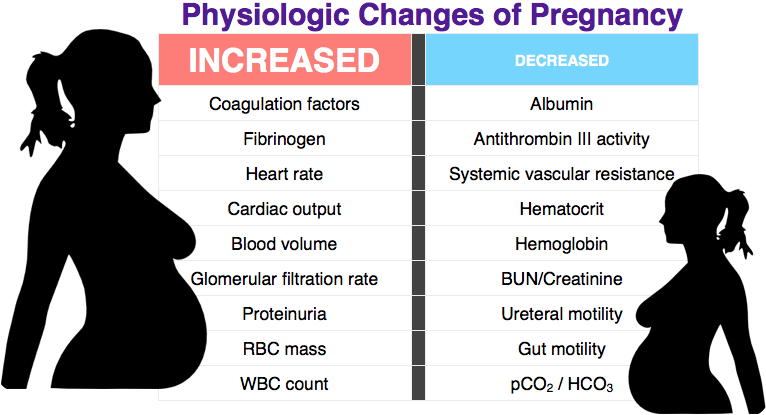 And when everything happens, a hospice coordinator will come to the house to answer the questions of emergency doctors, police officers and funeral agents.
And when everything happens, a hospice coordinator will come to the house to answer the questions of emergency doctors, police officers and funeral agents.
Marusya
The closer the birth came, the more Sveta was afraid. Marusya, like all children with Edwards syndrome, was small - a little over two kilograms and, as often happens, was in no hurry to be born. At the 42nd week, her husband took Sveta to the maternity hospital, to the pathology department, and was going to return as soon as labor began, but did not have time, because Marusya was born very quickly - the fourth birth is often rapid.
“She was born and screamed, softly but distinctly, and it was incredible! Everyone told me that I shouldn’t count on it, that they almost never can breathe on their own, but she breathed, she lived! They showed her to me, gave her a kiss and took her to the intensive care unit to observe.”
Sveta and Marusya stayed in the maternity hospital for a week. All this time, the baby was in intensive care, although she was breathing on her own and could have sucked a bottle, but she was given a probe.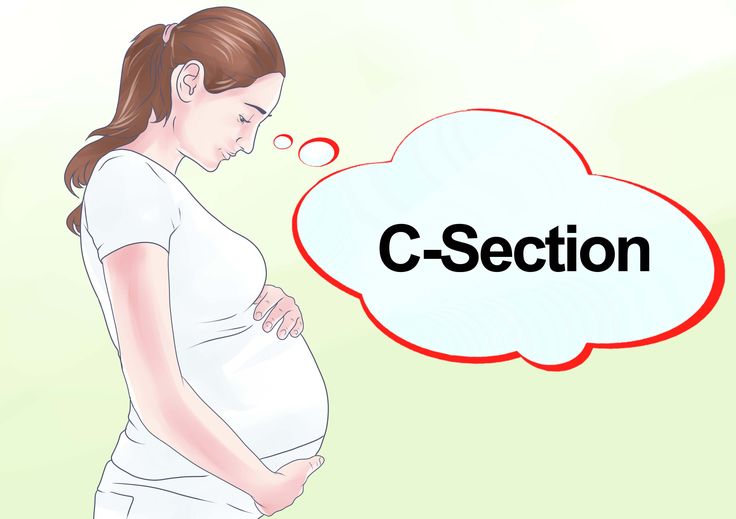 Doctors feared that it could worsen at any moment. Since Sveta was already supported by the hospice, all the necessary equipment was brought to their apartment and they were helped to be discharged home.
Doctors feared that it could worsen at any moment. Since Sveta was already supported by the hospice, all the necessary equipment was brought to their apartment and they were helped to be discharged home.
Marusya with her brother Photo: from personal archive
“Marusya turned out to be very strong, if she were healthy, she would be my strongest child. For two and a half months we lived a completely ordinary life with her. We were able to establish breastfeeding, walked, swam, slept together. The older children were very careful with her and were not even jealous. When Marusya slept, everyone moved on tiptoe and only came up to kiss and stroke her. We began to think that this would continue. Whatever her heart can withstand, we will be able to hold out until the age when it will be possible to have a heart operation, and she will always be with us. But she got worse.”
When the baby's breathing began to slow down, Sveta got scared and called the doctor.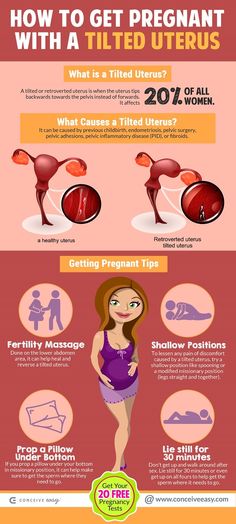 They were taken to the hospital, they picked up medicines, and again put a feeding tube. When Marusya stabilized, she was transferred home and it was decided that if it got worse, they would no longer fight. At home there was oxygen, tramadol and morphine, which was prescribed by a palliative care doctor. Two days later, when Marusino stopped breathing, she was in her mother's arms, and her father and older brother were nearby.
They were taken to the hospital, they picked up medicines, and again put a feeding tube. When Marusya stabilized, she was transferred home and it was decided that if it got worse, they would no longer fight. At home there was oxygen, tramadol and morphine, which was prescribed by a palliative care doctor. Two days later, when Marusino stopped breathing, she was in her mother's arms, and her father and older brother were nearby.
“It hurts a lot. Very. We love her, we are glad that we were with her, and we will always grieve that she is no more,” says Sveta. And she, like all mothers, regardless of their choice, will always ask herself if she did the right thing. And with this question, with a sense of guilt and grief, the psychologist "At home with a lighthouse" is now working.
Living after a loss
Feelings of guilt, grief, loneliness, loss of the meaning of life, a sense of one's own unfulfillment, discord in a couple, fear of a new pregnancy - with all these problems, people come to the psychologists of the Light in Hands Foundation for help.
“More than 1,500 people a year contact us, and most of the requests are from people in a very serious condition. Most often, some time has passed after the loss. People tried to “forget and live on”, as doctors, relatives and even psychologists who were not trained to work with such losses advise. But, of course, it is impossible to live the loss like that. And then people find us,” says Alexandra Feshina. - Not everyone is ready to immediately join group therapy, it is difficult for some to dial the hotline number, so psychologists consult even in online correspondence. Our task is to help you live through the loss and come out of it as healthy as possible, decide to give birth again and become healthy parents in the future.”
“People deal with grief in different ways. The stages of acceptance pass at different speeds. They look for support in each other, but often do not find it, because the partner himself is not in the resource. In addition, men often distance themselves from the problem, from making decisions related, for example, to terminating a pregnancy, and they say: “I will accept any of your choices,” and the woman alone feels all the responsibility for the loss of a child, ”explains Alina Nikiforova.
According to her, it is normal that not all men are ready to be present at childbirth and medical procedures, to see their dead child and say goodbye to him. (Yes, and not all women are ready for this and would prefer a caesarean section under general anesthesia, this must also be understood.) But if a man is nearby, at least in order to take the woman to the doctor, pour her water when she cries, visit in the hospital and bring flowers, hug her and show that he is also grieving - this will be enough so that the mother does not feel lonely.
AN NO LESS IMPORTANT POINT IS HOW PARENTS TALK ABOUT WHAT HAPPENED WITH THEIR OTHER CHILDREN According to Feshina, children who have lost newborn brothers and sisters and whose family did not help them survive the loss experience an increased sense of anxiety, insecurity and self-doubt. Therefore, psychologists of the Light in Hands Foundation pay great attention to family therapy.
But experts admit that in some cases psychological support is not enough, and some clients are advised to contact a psychotherapist for medical support.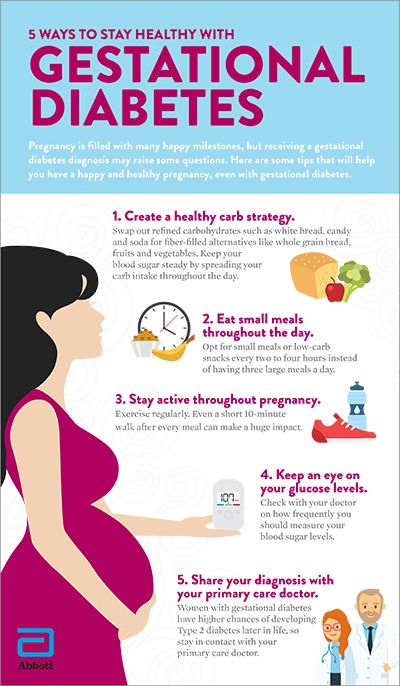 “Most healthy women who have not experienced depression and who have a strong nervous system will not have any serious consequences after the loss. Just like not all military men who find themselves in a hot spot develop post-traumatic disorder. But that's just statistics. When we talk about a specific person, we don’t know for sure how he will cope with stress,” says psychiatrist Pavel Alfimov. He explains that if the phase of intense grief drags on for more than three months, if a woman cannot sleep, cannot eat, does not understand why she should continue to live, and even more so if she says that she is ready to take something with her to do - you must definitely contact a psychiatrist and select her therapy.
“Most healthy women who have not experienced depression and who have a strong nervous system will not have any serious consequences after the loss. Just like not all military men who find themselves in a hot spot develop post-traumatic disorder. But that's just statistics. When we talk about a specific person, we don’t know for sure how he will cope with stress,” says psychiatrist Pavel Alfimov. He explains that if the phase of intense grief drags on for more than three months, if a woman cannot sleep, cannot eat, does not understand why she should continue to live, and even more so if she says that she is ready to take something with her to do - you must definitely contact a psychiatrist and select her therapy.
A lot of people are involved in the aftermath of the loss of a child. At the same time, when talking about their misfortune, families often face cold indifference or fierce condemnation. It's not only doctors who don't know how to be delicate. We are all not very good at it.